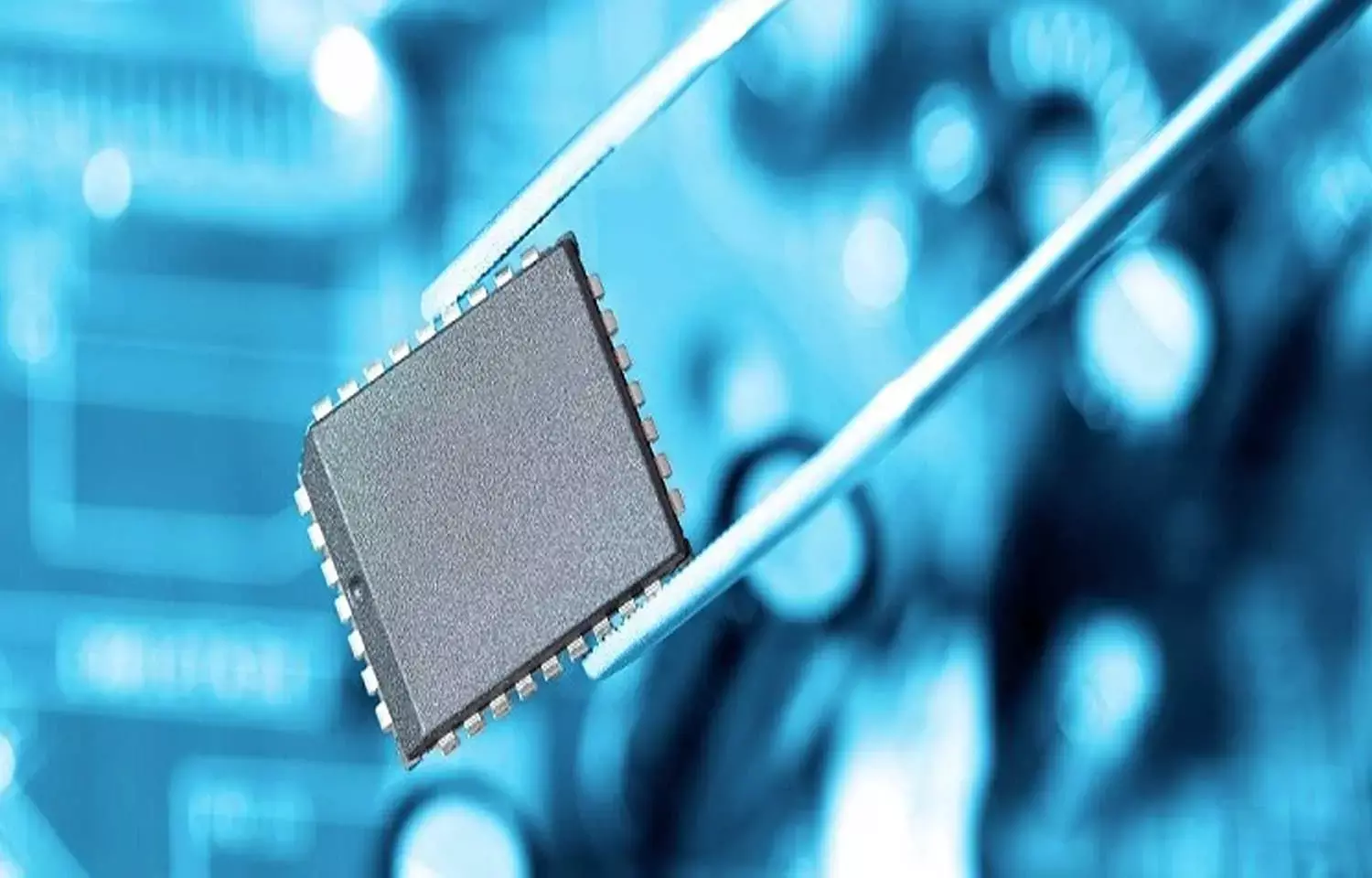- Home
- Medical news & Guidelines
- Anesthesiology
- Cardiology and CTVS
- Critical Care
- Dentistry
- Dermatology
- Diabetes and Endocrinology
- ENT
- Gastroenterology
- Medicine
- Nephrology
- Neurology
- Obstretics-Gynaecology
- Oncology
- Ophthalmology
- Orthopaedics
- Pediatrics-Neonatology
- Psychiatry
- Pulmonology
- Radiology
- Surgery
- Urology
- Laboratory Medicine
- Diet
- Nursing
- Paramedical
- Physiotherapy
- Health news
- Fact Check
- Bone Health Fact Check
- Brain Health Fact Check
- Cancer Related Fact Check
- Child Care Fact Check
- Dental and oral health fact check
- Diabetes and metabolic health fact check
- Diet and Nutrition Fact Check
- Eye and ENT Care Fact Check
- Fitness fact check
- Gut health fact check
- Heart health fact check
- Kidney health fact check
- Medical education fact check
- Men's health fact check
- Respiratory fact check
- Skin and hair care fact check
- Vaccine and Immunization fact check
- Women's health fact check
- AYUSH
- State News
- Andaman and Nicobar Islands
- Andhra Pradesh
- Arunachal Pradesh
- Assam
- Bihar
- Chandigarh
- Chattisgarh
- Dadra and Nagar Haveli
- Daman and Diu
- Delhi
- Goa
- Gujarat
- Haryana
- Himachal Pradesh
- Jammu & Kashmir
- Jharkhand
- Karnataka
- Kerala
- Ladakh
- Lakshadweep
- Madhya Pradesh
- Maharashtra
- Manipur
- Meghalaya
- Mizoram
- Nagaland
- Odisha
- Puducherry
- Punjab
- Rajasthan
- Sikkim
- Tamil Nadu
- Telangana
- Tripura
- Uttar Pradesh
- Uttrakhand
- West Bengal
- Medical Education
- Industry
Implantable tiny ultrasound-on-a-chip can monitor body processes: Study

USA: A team of researchers from Columbia University in New York City have developed a tiny, wireless computer chip that can be implanted into body parts and uses ultrasound for monitoring body temperature, and has the potential to measure more.
According to the study, published in the journal Science Advances, the computer chip which is the size of a dust mite may be the future of monitoring the human body and can be injected into the body to monitor processes in real-time. The implant acts as a probe for real-time temperature sensing, including the monitoring of body temperature and temperature changes resulting from the therapeutic application of ultrasound.
There has been increasing interest in wireless, miniaturized implantable medical devices for in vivo and in situ physiological monitoring.
Chen Shi, Department of Electrical Engineering, Columbia University, New York, NY, USA, and colleagues aimed to chips that can be injected into the body with a hypodermic needle and then communicate back out of the body using ultrasound, providing information about body characteristics they measure locally.
"We are working on ideas that allow devices like these to augment ultrasound by providing information within an ultrasound image that cannot be conveyed endogenously, like pH, temperature, identification and quantitation of small molecules and proteins," said senior author Kenneth Shepard.
The sub–0.1-mm3, sub–1-nW device, referred to as a mote, achieves aggressive miniaturization through the monolithic integration of a custom low-power temperature sensor chip with a microscale piezoelectric transducer fabricated on top of the chip. The small displaced volume of these motes allows them to be implanted or injected using minimally invasive techniques with improved biocompatibility.
"We demonstrate their sensing functionality in vivo for an ultrasound neurostimulation procedure in mice," wrote the authors. "Our motes have the potential to be adapted to the distributed and localized sensing of other clinically relevant physiological parameters."
"Functionality at greater tissue depths could be achieved with further reduction in the device power consumption, a reduction in the ultrasound operating frequency, and the application of two-dimensional ultrasound imaging array for more effective focusing of ultrasound energy to the implanted motes and more effective capture of the backscattered signals," the team wrote.
The authors are calling this the world's smallest single-chip system that is a complete functioning electronic circuit.
Reference:
The study titled, "Application of a sub–0.1-mm3 implantable mote for in vivo real-time wireless temperature sensing," is published in the journal Science Advances.
DOI: https://advances.sciencemag.org/content/7/19/eabf6312
Dr Kamal Kant Kohli-MBBS, DTCD- a chest specialist with more than 30 years of practice and a flair for writing clinical articles, Dr Kamal Kant Kohli joined Medical Dialogues as a Chief Editor of Medical News. Besides writing articles, as an editor, he proofreads and verifies all the medical content published on Medical Dialogues including those coming from journals, studies,medical conferences,guidelines etc. Email: drkohli@medicaldialogues.in. Contact no. 011-43720751


